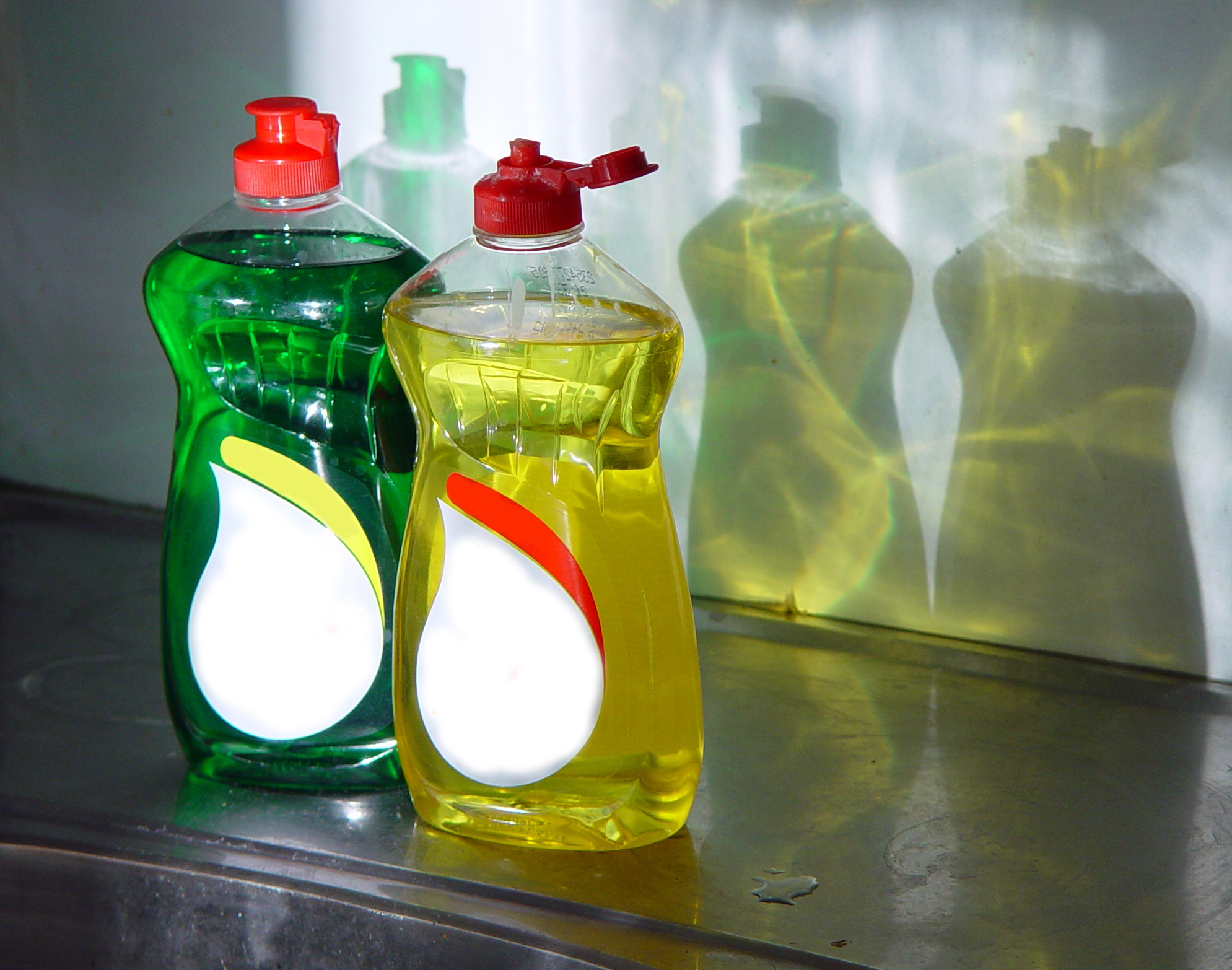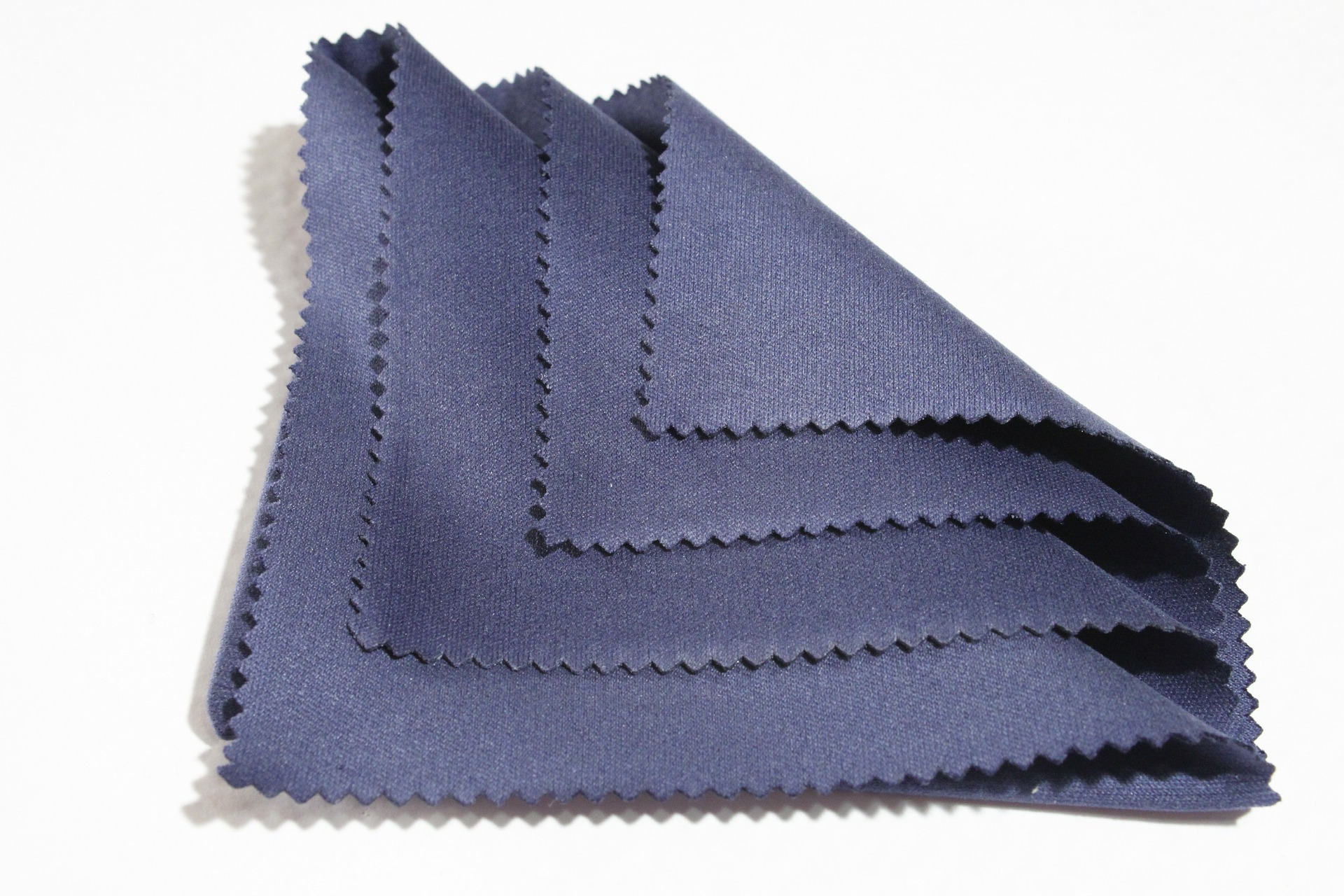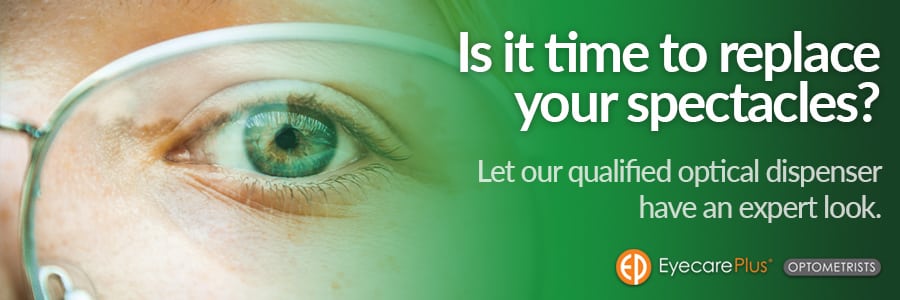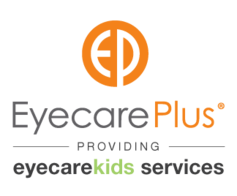Did you know that germs that are caught in our hands are then transferred to our spectacles? Bacteria multiply fast and can easily crowd on our spectacles. Soon this multitude of unwelcome guests can move into the moist environment of our eye and cause irritation and serious eye conditions.
To keep our spectacles germ-free, we we want to be able to clean them regularly and in the proper way!
Cleaning your spectacles daily is also the best way to keep them looking great and not cloud your vision.
According to experienced optical dispenser Greg Sexty from Eyecare Plus Kareela, “There’s a right way—and plenty of wrong ways—when it comes to how to clean glasses!” Greg should know, he has seen thousands of glasses come his way during his 30-plus-years career!
Follow these tips to clean your new glasses without risk of scratching the lenses or causing other damage. These same tips apply for cleaning sunglasses, safety glasses and sports eyewear too.
Steps for Cleaning Your Glasses
- Rinse your glasses with lukewarm tap water. This will remove dust and other debris, which can help avoid scratching your lenses when you are cleaning them. Avoid hot water, which can damage some lens coatings.
- Apply a small drop of dishwashing liquid or hand wash liquid to each lens and run under the tap, gently using your fingers to break down body oils. Most dishwashing liquids are very concentrated, so use only a tiny amount. Use only brands that do not include lotions or oils.
- Gently rub both sides of the lenses and all parts of the frame for a few seconds. Make sure you clean every part, including the nose pads and the ends of the temples that rest behind your ears. Be sure to clean the area where the edge of the lenses meets the frame, where dust, debris and skin oils can accumulate. Sometimes in extreme cases an old toothbrush can be used gently to lightly brush the build-up of oil, dirt and bacteria from around the nose pads. Bacteria on the nose pads can cause other nasty problems.

- Rinse both sides of the lenses and the frame thoroughly. Failing to remove all traces of soap will cause the lenses to be smeared when you dry them. Inspect the lenses to make sure all the oil and dirt has been removed.
- Carefully dry the lenses and frame with a clean, good quality lint-free tissue. Paper towels and other materials may scratch the lenses the same way a poor quality tissue can leave your nose red and sore and it can scratch your lenses.
- Inspect the lenses again. If any streaks or smudges remain, remove them with a clean microfiber cloth or a spray cleaner, both these products are great to carry when travelling or for everyday use and are available at most quality optical stores.
 Microfibre cleaning cloths are an excellent choice for cleaning glasses. These cloths dry the lenses very effectively and trap oils to avoid smearing. However, because they trap debris so effectively, make sure you clean the cloths frequently. Hand-wash the cloth using lotion-free dishwashing liquid and clean water. Allow the cloth to air dry.
Microfibre cleaning cloths are an excellent choice for cleaning glasses. These cloths dry the lenses very effectively and trap oils to avoid smearing. However, because they trap debris so effectively, make sure you clean the cloths frequently. Hand-wash the cloth using lotion-free dishwashing liquid and clean water. Allow the cloth to air dry.
If your lenses have anti-reflective (AR) coating, make sure the eyeglass cleaner you choose is approved for use on anti-reflective lenses.
How to Remove Scratches from Spectacles
Unfortunately, there is no magic cure for scratched lenses. Once your glasses are scratched, they are scratched.
In addition to reflecting light and interfering with vision, scratches can affect the impact resistance of the lenses. For optimum vision and safety, the best thing to do if you notice significant scratches is to purchase new lenses.
When to Have Your Glasses Cleaned Professionally

If your lenses are in good shape but the nose pads or other components of the frame have become impossible to keep clean, see your eye care professional.
Sometimes spectacles can be cleaned more thoroughly with an ultrasonic cleaning device, and dirty nose pads can be replaced with new ones. See your dispenser before attempting these fixes at home. Note: Dirty nose pads can carry large amounts of bacteria. Most people with dogs never think of this point: if your glasses are really dirty, dogs love to chew on them, resulting in your frames and lenses being damaged beyond repair.
Use a Protective Storage Case
Spectacle lenses can easily get scratched if you fail to store them somewhere safe. This includes when you take them off at bedtime. Always store your glasses in a clean spectacle case. Never place them on a table or counter with the lenses facing down and never toss your glasses in your bag without a case.
Following the above tips is the best way to keep your glasses clean and scratch-free for as long as possible.
Glasses Don’t Last Forever
The older your spectacles are, the more likely they will have some form of damage despite your best care. All spectacle lenses will get a few scratches over time from normal use and exposure to the environment (and from occasionally getting dropped or misplaced). Spectacle lenses are scratch-resistant, not scratch-proof. Over time, frames can look worn and get damaged especially in their moving parts.
When Should You Replace Your Glasses?
Your spectacles should be replaced when your optometrist recommends that they should be. When your prescription changes over time, you are advised to get a new pair so as to give you the best vision possible. Another reason to get a new pair is to take advantage of new technology. Every year the technology for eye protection is improving as new developments are made in lens and frame design to offer you the best vision possible.
When the need for change happens, don’t be shy to invest in a new pair of spectacles. Sight is precious and you deserve to have the most comfortable vision for the best quality of life.

